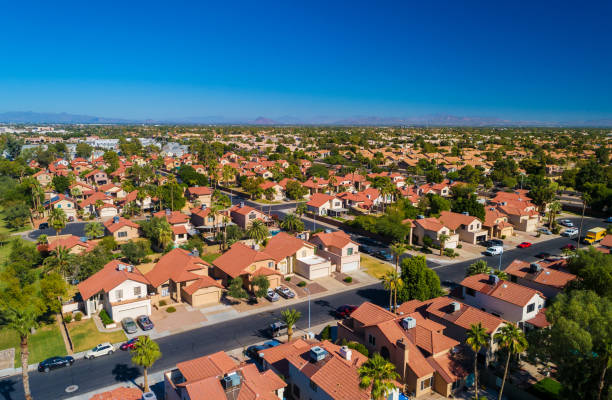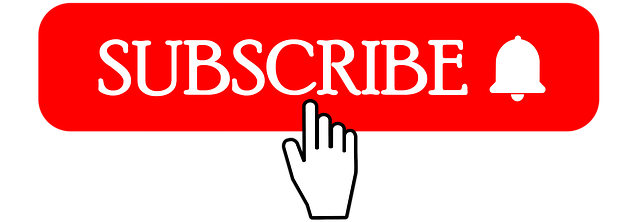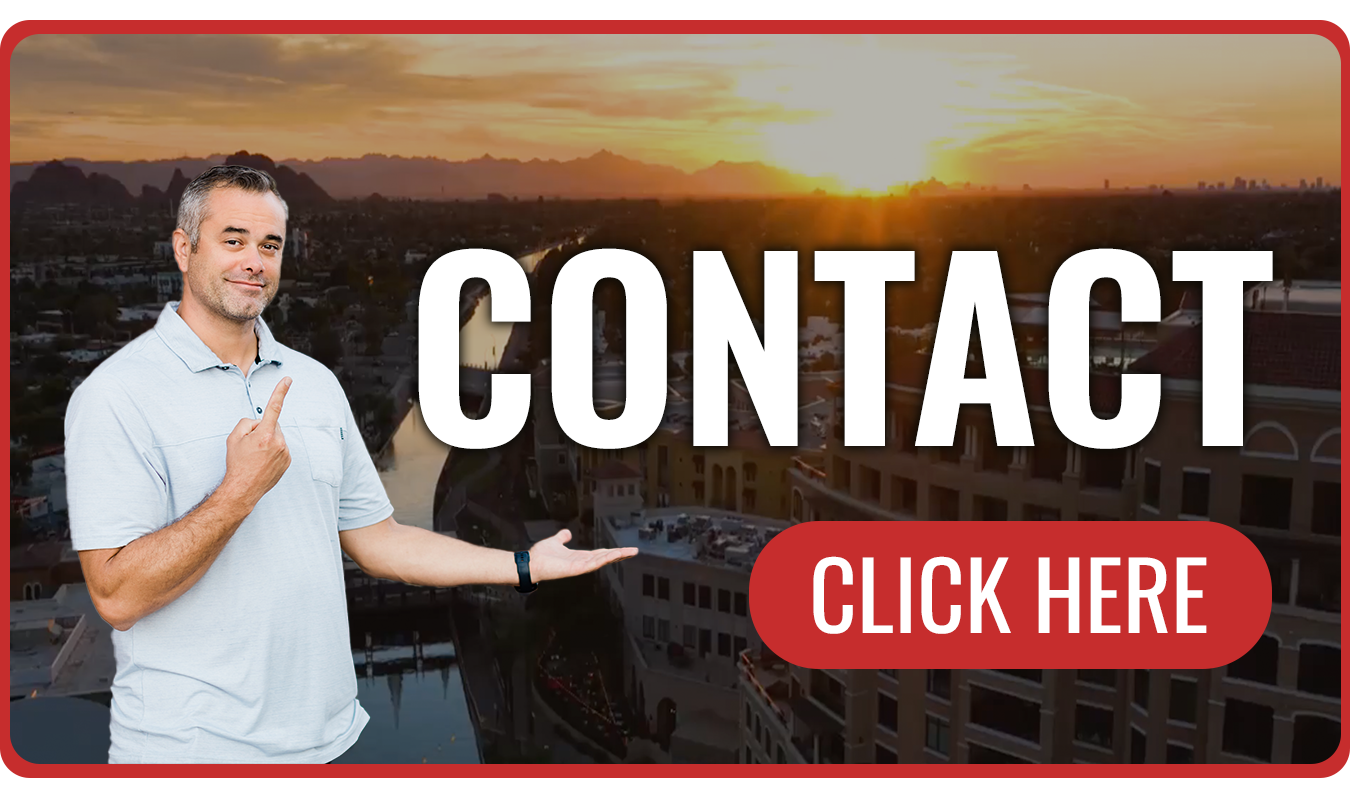When buying a home, it’s quite common to come across properties that are governed by Homeowners Associations (HOAs). These HOAs have jurisdiction over than 40 million homes nationwide and they offer attractive amenities like swimming pools and clubhouses. It can be tempting to overlook the details of living within an HOA-managed community. However, this in-depth exploration aims to uncover the aspects of HOAs including the financial implications of navigating complex rules and carefully considering the advantages and disadvantages of community living.
Understanding Financial Implications
While the idea of having amenities may captivate potential homeowners it’s important to be realistic about the financial aspects of living in an HOA. HOAs charge fees that support the maintenance of areas and fund community services. Apart from enjoying maintained landscapes and shared amenities it’s crucial to understand the amount of these fees and what they cover. This information will help you determine if the community aligns with your lifestyle and most importantly if it fits within your budget.
However, finances go beyond monthly or annual fees. It’s also essential for potential homeowners to find out if the HOA has a reserve fund, in place. Inadequate reserves could result in assessments, which are unexpected financial burdens placed on homeowners to cover unforeseen expenses.

When purchasing a home in a community governed by an HOA it is similar to entering into a covenant where homeowners are bound by a set of rules that govern aspects of their daily lives. These rules, which aim to maintain property values cover a range of areas. They dictate things like the colors for home exteriors and parking regulations. In essence, HOA rules can have an impact on your lifestyle.
The Community Association Institute (CAI) recommends examining these rules before making any commitments. Prospective homeowners should carefully review regulations related to pets, flags, outside antennas, clotheslines, satellite dishes, fences, patios, and home-based businesses. By doing individuals can gain insights into the level of control exercised by the HOA over the smallest details of daily life. This information allows them to make decisions about whether these restrictions align with their preferences.
PROS OF HOA
Advantages of living in communities include exclusive access to amenities, like tennis courts or fitness centers.
Living in communities managed by homeowners associations (HOAs) offers benefits that can enhance one’s lifestyle. These facilities provide opportunities for recreation and relaxation that may be otherwise expensive or conveniently located outside of an HOA-managed community.
One advantage of HOAs is the reduced responsibilities they offer. In addition to amenities HOA fees typically cover services and maintenance tasks such as snow removal, landscaping, and exterior upkeep. By taking care of these responsibilities themselves or through contracted services homeowners are relieved of the burden. Can enjoy the convenience of community living.
Another positive aspect is the preservation of property values within the HOA community. Through regulations focused on maintaining appearances landscaping standards and architectural cohesion, neighborhoods are well-maintained and aesthetically pleasing. This contributes to a sense of pride among homeowners while also ensuring property values remain stable.

CONS OF HOA
However, there are some drawbacks to consider when living in a community governed by an HOA. Falling behind on HOA fees could potentially lead to foreclosure although it is generally seen as a resort for HOAs. Homeowners who struggle financially might face this consequence if they cannot meet their financial obligations.
Additionally, unexpected expenses may arise for the HOA leading them to impose assessments on homeowners. Residents need to be prepared for these implications that could arise unexpectedly.
Overall while there are benefits to living in an HOA-managed community such as enhanced lifestyle options and reduced responsibilities individuals must be aware of drawbacks, like foreclosure risks and assessment surprises.
The unpredictability of these evaluations can take homeowners by surprise emphasizing the importance of examining the financial stability of the association.
Rental Restrictions; When it comes to property investment or earning income HOAs have the authority to impose various restrictions. Some associations limit the number of rentals allowed prohibit pets or enforce rigorous screening processes for potential tenants. These limitations can restrict homeowners who want to lease their properties.

In conclusion, deciding whether to invest in an HOA-managed community requires consideration due to its complexity. Prospective homeowners must weigh the benefits like amenities and reduced responsibilities. Maintained property values against potential drawbacks such as foreclosure risks and unexpected financial assessments.
It is crucial to understand the intricacies of scrutinizing HOA regulations and consider both the advantages and disadvantages of community living to make an informed decision. Before committing to an HOA-managed community individuals should carefully assess their lifestyle preferences and financial capabilities.
The key lies in finding a balance. Balancing the desire for amenities with a willingness to comply with HOA rules; balancing the convenience of reduced responsibilities with possible financial uncertainties; and balancing expectations of preserved property values with any limitations, on property usage.




